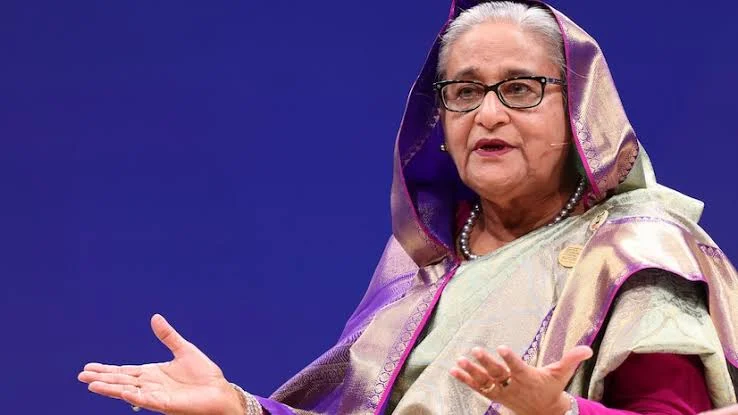The deposed prime minister of Bangladesh, Sheikh Hasina, has been sentenced to death. The nation’s international crimes tribunal issued the conviction on Monday. The court found her guilty of several counts of crimes against humanity.
Hasina, 78, was tried in absentia. She is currently residing outside the country. She was convicted on three charges. These included incitement, ordering killings, and failing to prevent atrocities.
Judicial Verdict and Co-defendants
Delivering the judgment in a packed Dhaka courtroom, the presiding judge stated the prosecution successfully established all elements of the alleged crimes.
-
Former Interior Minister Asaduzzaman Khan Kamal, a fugitive, was also convicted. He was sentenced to death on four similar counts.
-
Former Police Chief Chowdhury Abdullah Al-Mamun pleaded guilty. He received a five-year jail sentence for his role.
The verdict was broadcast live across national media. It comes ahead of national elections scheduled for February 2026. Bangladesh has faced heightened political instability and sporadic violence since the end of Hasina’s rule in August 2024.
The Scale of the Crisis
The United Nations has estimated that up to 1,400 people were killed during crackdowns. These incidents took place in the final months of Hasina’s time in office. These casualty figures formed a central part of the prosecution’s evidence.
The chief prosecutor expressed hope that the tribunal’s ruling would satisfy the public demand for justice.
Hasina publicly rejected the court’s legitimacy. She refused to acknowledge its authority. She labeled the entire process as politically motivated. Due to her refusal to participate, the court assigned her a state lawyer.
National Tensions Rise
The interim government publicly described the judgment as “historic.” Officials urged citizens to maintain calm, exercise restraint, and act responsibly.
The ruling immediately heightened tensions across the country. Security measures were rapidly increased in major cities, including Dhaka. Police used tear gas to disperse gatherings of protesters.
The nation was already on edge before the judgment. Authorities recently recorded at least 30 separate crude bomb explosions. Twenty-six vehicles were also deliberately set ablaze.
Sajeeb Wazed, Hasina’s son and a former advisor, told reporters he had anticipated the death sentence. He confirmed that his mother is currently safe abroad and “will be protected by [foreign] security forces.”
The tribunal itself has a complex history. It was originally established in 2010 by Hasina’s own ruling party. The court was later reconstituted by the interim administration after her removal from power.
Morocco’s Bizmoun Cave Yields New Secrets of Early Human Life























